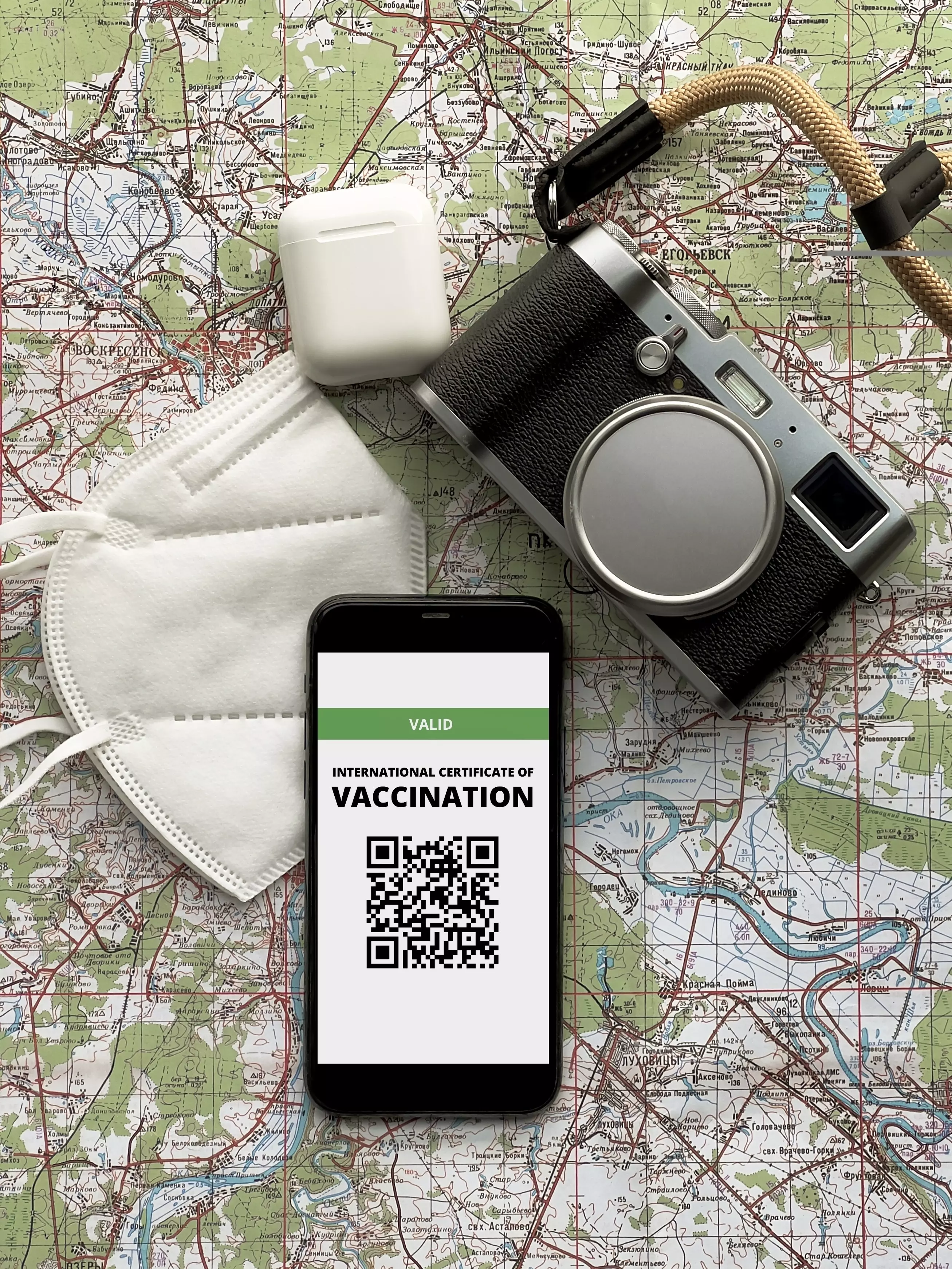Travel gives us the opportunity to experience new cultures and places, but it also carries the risk of exposure to diseases that are rare or non-existent where we live. Therefore, before we embark on a trip, especially if it is to an area with a high risk of infectious diseases, we should consider appropriate vaccinations.
Why are vaccinations important when traveling?
Travel vaccinations are key to protecting your health while traveling. Some diseases that are rare in developed countries may be common in other regions of the world. Vaccination before travel provides protection against such diseases, minimizing risks and potential health consequences.
When should I be vaccinated?
The time it takes to be vaccinated depends on the type of vaccine. Some vaccinations require a series of doses administered at intervals, and full protection may not take effect until several weeks after the last dose. Therefore, it is important to consult your travel plans with your doctor or travel clinic several weeks or months before you leave.

What vaccinations may be needed?
The type of vaccinations that may be needed depends on a number of factors, such as the purpose of the trip, the duration of the stay, the type of activities planned and the general health of the traveler. Some vaccinations are recommended or required for travel to specific regions. Examples include:
Yellow fever vaccination: This is required for travel to certain parts of Africa and South America.
Typhoid vaccination: Recommended for travel to places with limited access to clean water and health care.
Hepatitis A and B vaccinations: Recommended for travelers to many regions, depending on risk profile.
Rabies vaccination: Recommended for travelers who spend a lot of time outdoors, especially in rural areas where the risk of rabies exposure is higher.
Summary
Vaccinations are an important part of preparing for travel, especially when traveling to regions with a high risk of infectious diseases. It is always a good idea to consult your travel plans with your doctor or travel clinic to make sure you are adequately protected and can enjoy your trip without unnecessary health risks.

Add comment